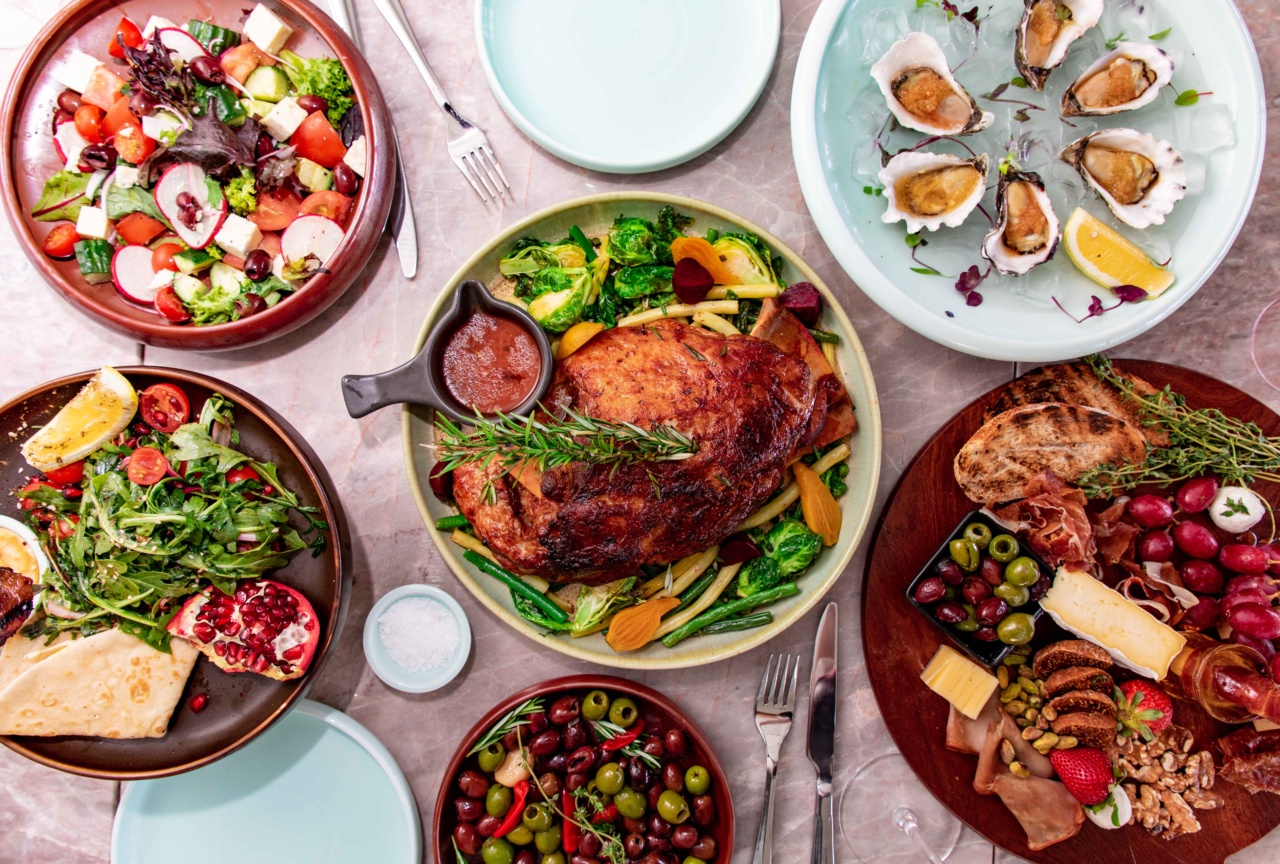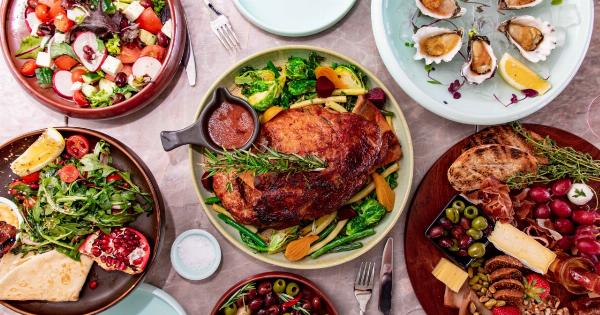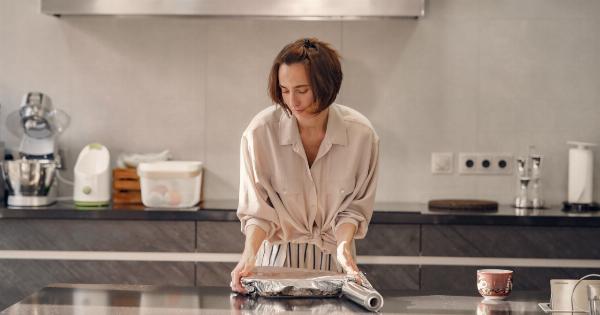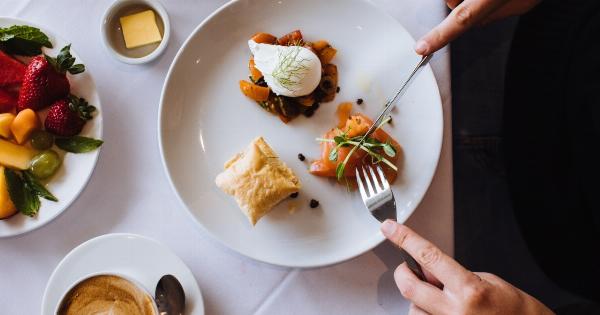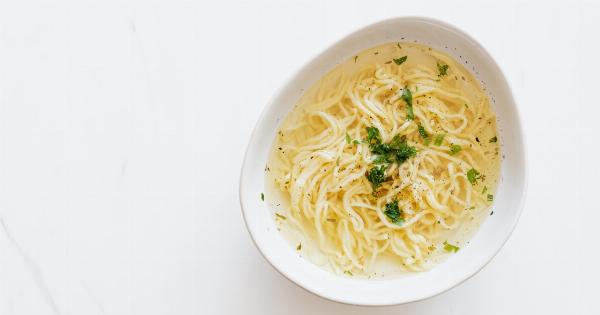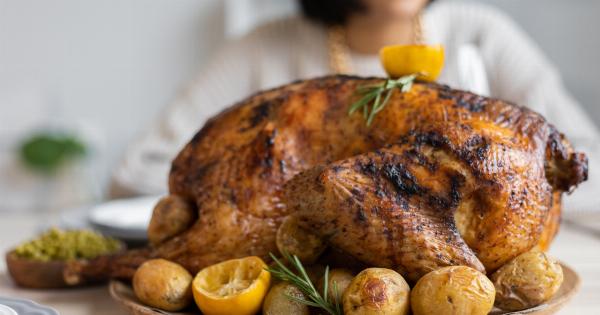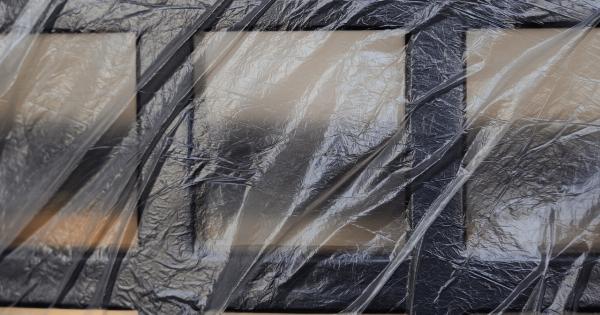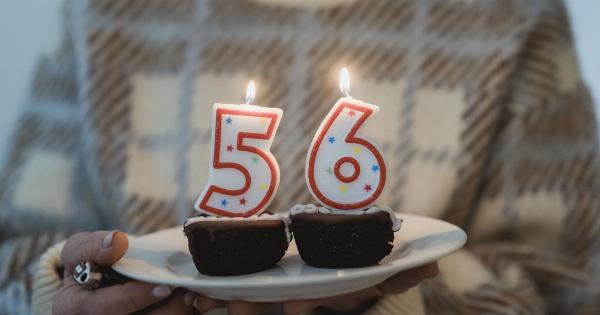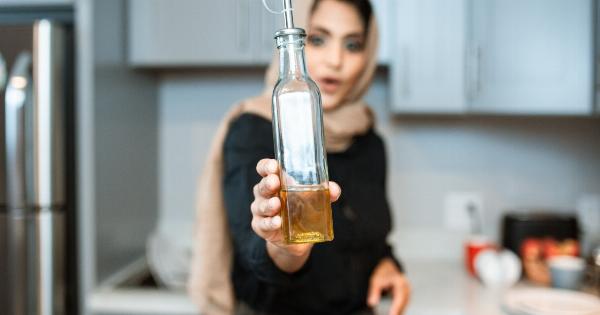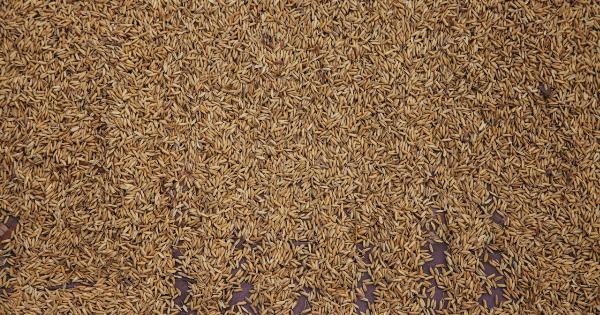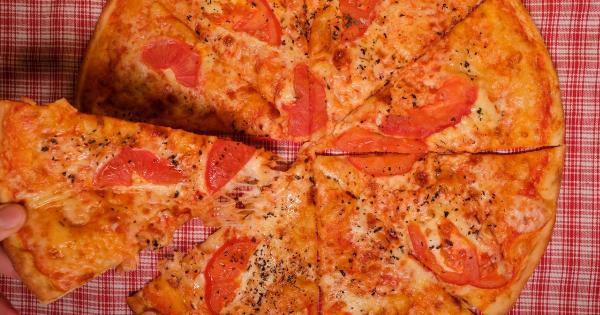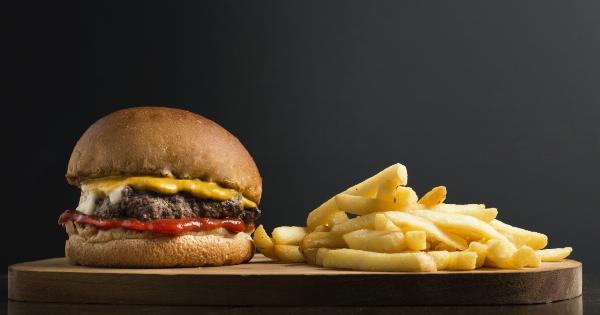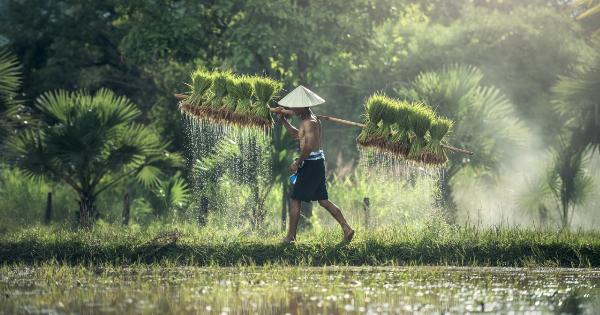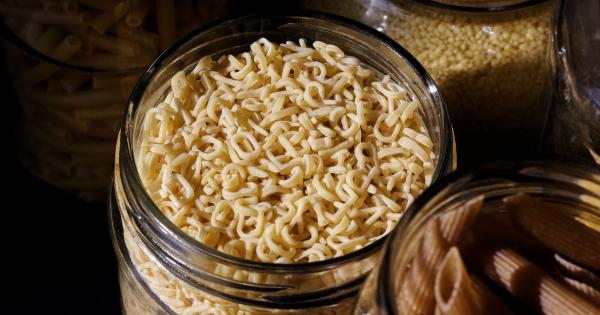When it comes to preparing food, cleanliness is often a top priority. We wash fruits and vegetables to remove dirt and pesticides, and we rinse raw meats to get rid of any bacteria. However, there are some foods that should never be washed before cooking.
Washing these particular foods can actually do more harm than good, as it may lead to a loss of flavor, texture, and nutrients. Let’s explore 10 foods that should be left unwashed.
1. Mushrooms
Mushrooms are like sponges when it comes to water. They absorb moisture quickly, causing them to become soggy and lose flavor. Instead of washing mushrooms, simply brush off any visible dirt or debris using a soft brush or a slightly damp paper towel.
This way, you can maintain the desired texture and taste when cooking them.
2. Berries
Strawberries, raspberries, blueberries, and other berries should not be washed until you are ready to eat or use them in a recipe. Berries have delicate skins that easily absorb water, making them lose their natural juices and become mushy.
To keep berries fresh, store them unwashed in a container in the refrigerator, and gently rinse them just before consuming or cooking with them.
3. Chicken
Contrary to popular belief, washing raw chicken does not remove bacteria; instead, it increases the risk of cross-contamination. When you wash chicken, water can spread harmful bacteria onto kitchen surfaces, utensils, and even your hands.
Proper cooking, such as roasting, grilling, or frying, will kill any bacteria present on the surface of the chicken, so there’s no need to wash it beforehand.
4. Salmon
Similar to chicken, rinsing raw salmon does not eliminate bacteria. Instead, it poses the risk of spreading bacteria to other surfaces in your kitchen.
To ensure safe consumption, it is advisable to cook salmon to the appropriate internal temperature recommended by food safety guidelines. This will effectively kill any potential bacteria without the need for washing.
5. Ground Meat
Washing ground meat, such as beef or poultry, before cooking is not recommended. Just like with chicken and salmon, washing ground meat can cause bacteria to spread and contaminate other surfaces in your kitchen.
Cooking ground meat to the recommended safe temperature will kill any bacteria present, making washing unnecessary.
6. Pasta
Many people rinse pasta after boiling to remove excess starch. However, rinsing pasta can also wash away some of the natural starches that help sauce adhere to the noodles.
If you want your pasta dishes to have a delicious and flavorful coating of sauce, it’s best to skip the rinsing step and cook the pasta al dente. The starchy coating will help the sauce cling to the noodles better.
7. Eggs
Contrary to popular belief, washing eggs is not necessary or recommended. Eggshells have a natural protective coating called the bloom or cuticle, which helps to keep out bacteria and moisture.
Washing eggs can remove this protective layer, increasing the risk of contamination. It’s best to store eggs in a clean and cool place and wash them just before cracking them open or using them in your recipe.
8. Potatoes
Washing potatoes before storing them can lead to premature spoiling. The moisture from washing can speed up the rotting process and encourage the growth of bacteria. Instead, remove any visible dirt or debris using a dry brush or cloth.
When you’re ready to cook the potatoes, give them a thorough rinse to remove any remaining dirt.
9. Avocados
Avocados should be left unwashed until you’re ready to consume them. Similar to berries, avocados have a delicate skin that absorbs water easily. Washing them prematurely can cause them to become overly soft and even lose some of their flavor.
To ensure freshness, store unwashed avocados at room temperature until they ripen, and then give them a rinse before slicing into them.
10. Canned Beans
When using canned beans in recipes, do not rinse them before incorporating them into your dish. Many recipes, like soups or stews, call for the liquid from the can, which adds flavor and viscosity to the dish.
By rinsing canned beans, you are effectively washing away the key ingredients that make your recipes taste so delicious. Simply drain the liquid, and use the beans as they are.
